Yen Tu travel experience is not for those in a hurry
- Monday, Jun 16, 2025, 10:01 (GMT+7)
Yen Tu travel experience is not for those in a hurry
Yen Tu is not only a place deeply tied to King-Monk Tran Nhan Tong, but also a serene spiritual journey through majestic nature and the cultural depth of the Vietnamese people. Located in Quang Ninh province, about 130 kilometers from Hanoi, Yen Tu has become an unmissable destination for those who seek tranquility, wish to explore the Truc Lam Zen Buddhist tradition, and desire to return to a peaceful state of mind with every step.
Traveling to Yen Tu today is very convenient. From Hanoi, a common option is to take a personal vehicle along National Highway 18, which takes around three hours. The route is smooth, easy to drive, and offers many rest stops along the way. For those who do not drive, intercity buses from Hanoi to Uong Bi or Hanoi to Ha Long will get you close to the area. From there, it only takes about 20 more minutes by taxi or ride-hailing service. For travelers coming from southern or central Vietnam, flying to Van Don Airport or Cat Bi Airport in Hai Phong is the optimal solution. From the airport, private transfers or shuttle services are available to take you directly to Yen Tu, saving valuable time and making it ideal for a two or three day trip.
The best time to visit Yen Tu is from the eleventh to the third lunar month. During this period, the weather is cool, the air is fresh, and the soft mist and drifting clouds around the mountains create a truly mystical scene. Many visitors prefer to go early in the morning to experience the awakening beauty of the forest, where sunlight glitters through ancient pine trees and moss-covered stone steps. Sunset is also a favorite moment, when the warm light and changing sky tones provide deeply emotional and artistic photographs.
Yen Tu’s cuisine is marked by simple vegetarian dishes and specialties from the northeastern mountains. One of the most beloved is soup made from sang vegetables, a wild mountain plant with a naturally sweet and refreshing taste, often cooked with shrimp or minced meat. Other flavorful and distinctive options include stir-fried bamboo shoots with garlic, grilled sticky rice in bamboo tubes, soft rice cakes, and five-colored sticky rice. Around Hoa Yen Pagoda and at the base of the mountain, small eateries serve hot meals with fresh ingredients, perfect for a midday stop during the journey. Locals often say that the long-established restaurants near the ancestral shrine area preserve the most authentic flavors, offer attentive service, and have maintained fair pricing for years.
In terms of accommodation, the hotel and resort system around Yen Tu offers diverse experiences for various types of travelers. Legacy Yen Tu – MGallery is a standout choice for those seeking a meditative space, with architecture inspired by Tran dynasty palaces and services centered on inner peace and mindful living. For nature lovers, homestays in Nuong Village provide an ideal retreat. Wooden houses nestled in the forest beside streams, roofed with leaves and surrounded by fresh air, are especially favored by photographers and peace seekers. Each lodging style offers a unique experience, from spiritual retreats to community stays or luxurious escapes, making the journey more fulfilling.
A signature experience in Yen Tu is the pilgrimage route from Giai Oan Pagoda to Hoa Yen Pagoda, Bao Sai Pagoda, and finally Dong Pagoda at the mountain’s peak. The path can be traveled on foot or combined with a cable car ride to conserve energy while still enjoying the surrounding scenery. The modern cable car system offers wide panoramic views of the ancient forest, floating clouds, and traditional pagoda rooftops, making it popular with both older visitors and young people who love picturesque check-ins. Along the way, stops like Am Duoc, To Tower, and Mot Mai Pagoda allow for spiritual reflection while soaking in the natural ambiance of the mountains.
Beyond pilgrimage, other popular activities in Yen Tu include Zen tea rituals, the Yen Tu Flower Festival, and weekend or holiday meditation workshops. These events attract a growing number of young people, creatives, entrepreneurs, and those seeking calm amid modern life. At certain times, you may come across groups of meditation practitioners sitting silently among pine trees or walking mindfully near the ancestral shrine, radiating positive energy and gentle inspiration to those around them.
For photography enthusiasts, Yen Tu is a treasure trove of visual beauty. From moss-covered ancient stone steps to gracefully curved tiled roofs amid the forest, from sunbeams breaking through morning mist to the drifting clouds of sunset, every corner offers potential for striking artistic imagery. Some favorite photo spots shared by seasoned photographers include the stone path leading to Hoa Yen Pagoda when shrouded in mist, the suspension bridge near Am Duoc under angled sunlight, or the doorway of Mot Mai Pagoda bathed in purple twilight. To capture the best shots, it’s advisable to bring a wide-angle lens, a 35mm for portraits, and a small tripod to stabilize your frame in low light.
Before your trip, prepare soft-soled sports shoes for walking comfortably on stone steps, a light jacket for the early mornings or evenings, and your own water bottle to stay hydrated. Some experienced travelers also bring a light scarf to cover their head when entering pagodas as a sign of respect, which can also serve as a subtle detail in photos. While the journey may be physically demanding, with proper preparation, Yen Tu offers a rare blend of challenge, inner peace, and emotional fulfillment.
A unique feature of Yen Tu is its consistently clean and serene atmosphere. Even during peak seasons with many visitors, the area maintains order and calm. Tour guides and staff are friendly and always willing to assist, and the space is carefully kept clean. These small details all contribute to an unforgettable Yen Tu experience, where people do not merely come to sightsee but to slow down, reflect, and reconnect with lasting values.
Whether visiting Yen Tu for the first time or returning once more, each journey brings new emotions. In a world that changes by the day, Yen Tu remains a place of stillness, purity, and profound meaning. It is not just a destination to check off, but a sanctuary to return to when the soul longs for quietude, when one needs a spiritual anchor amid the rush of life. The journey to Yen Tu never feels the same, because each traveler is different every time, and the mountain waits in silence, in the mist, in the clouds, and in every slow, thoughtful step.

 CHECKIN.VN
CHECKIN.VN

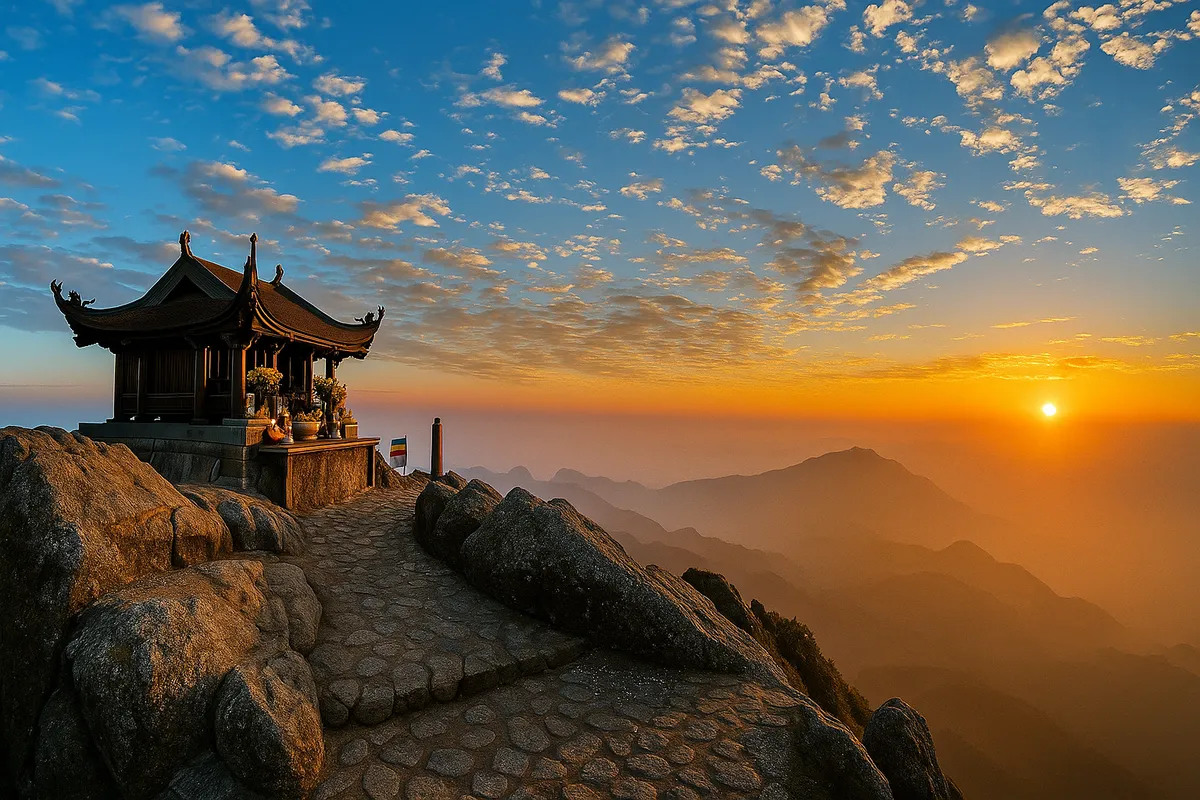
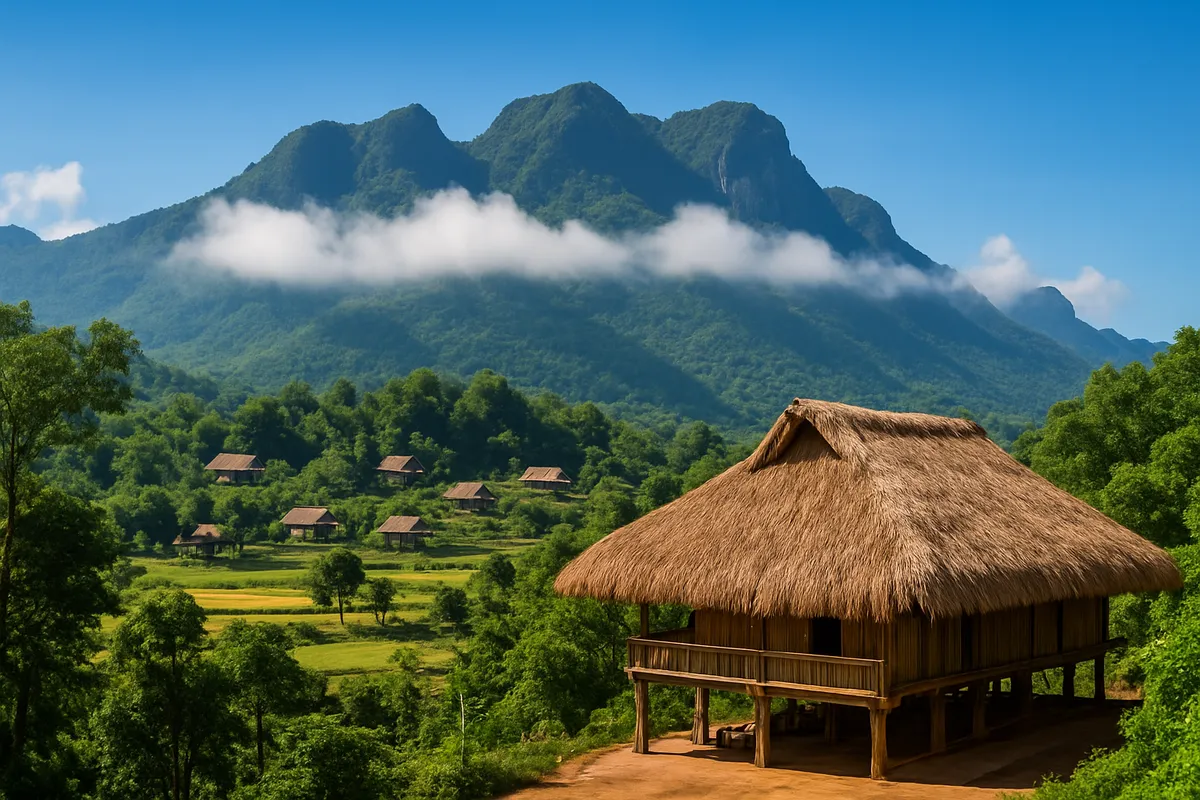
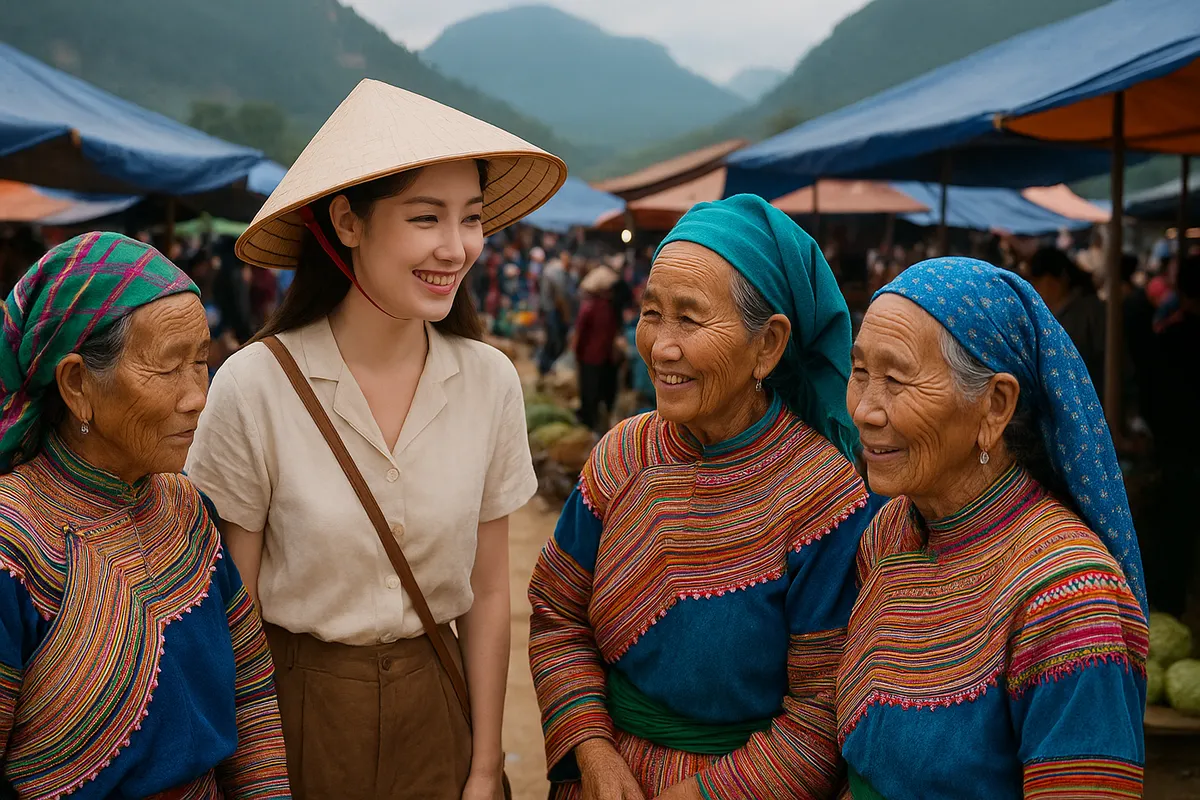


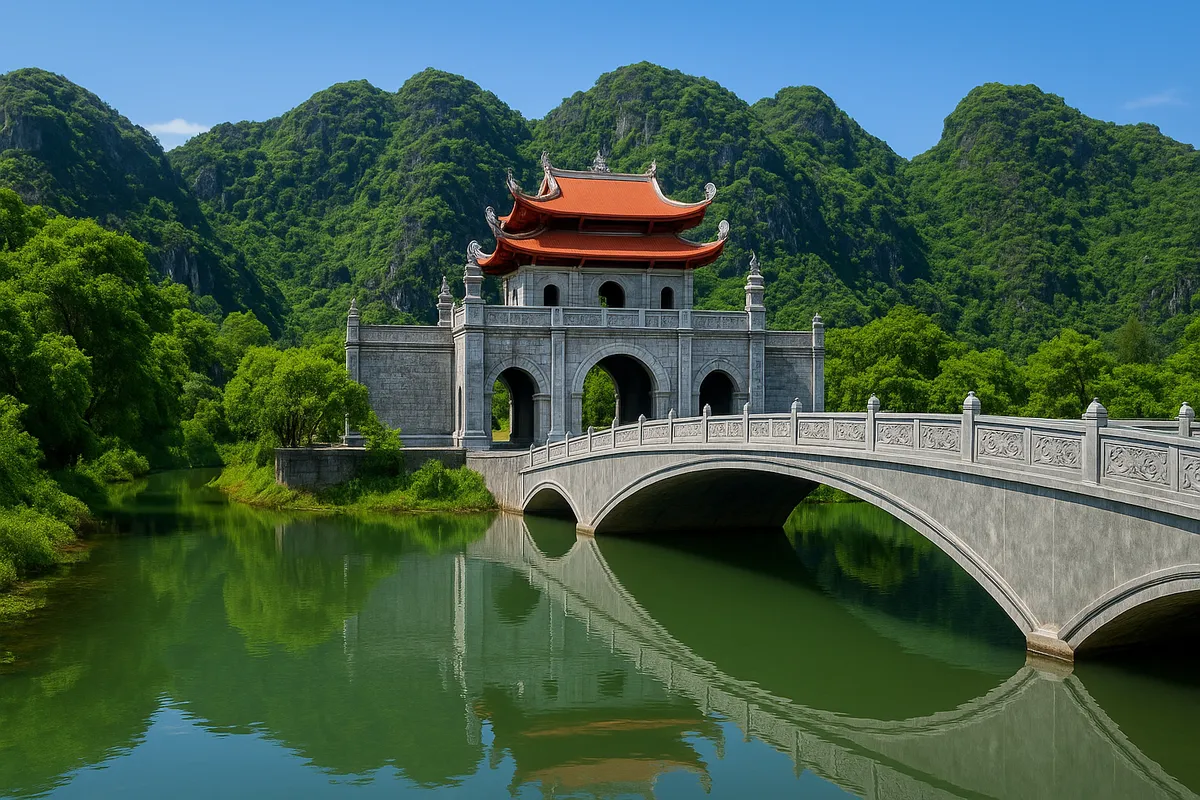
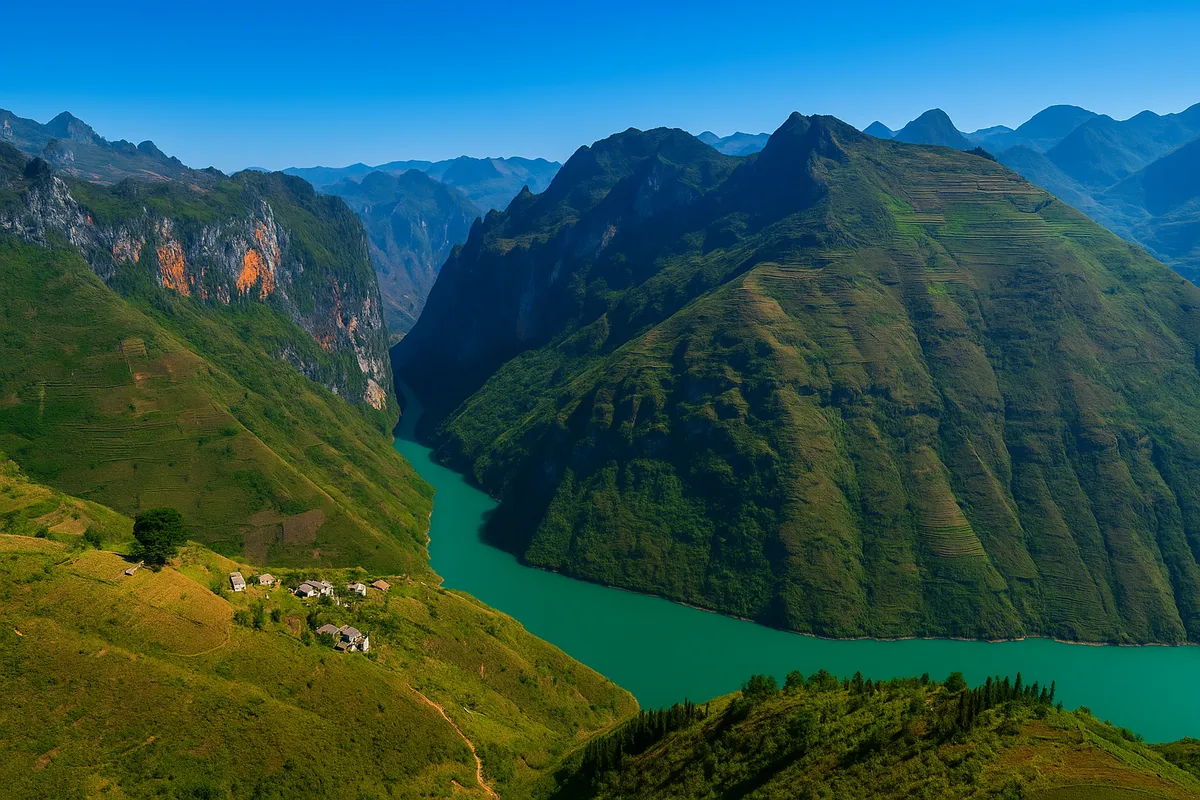
Share on